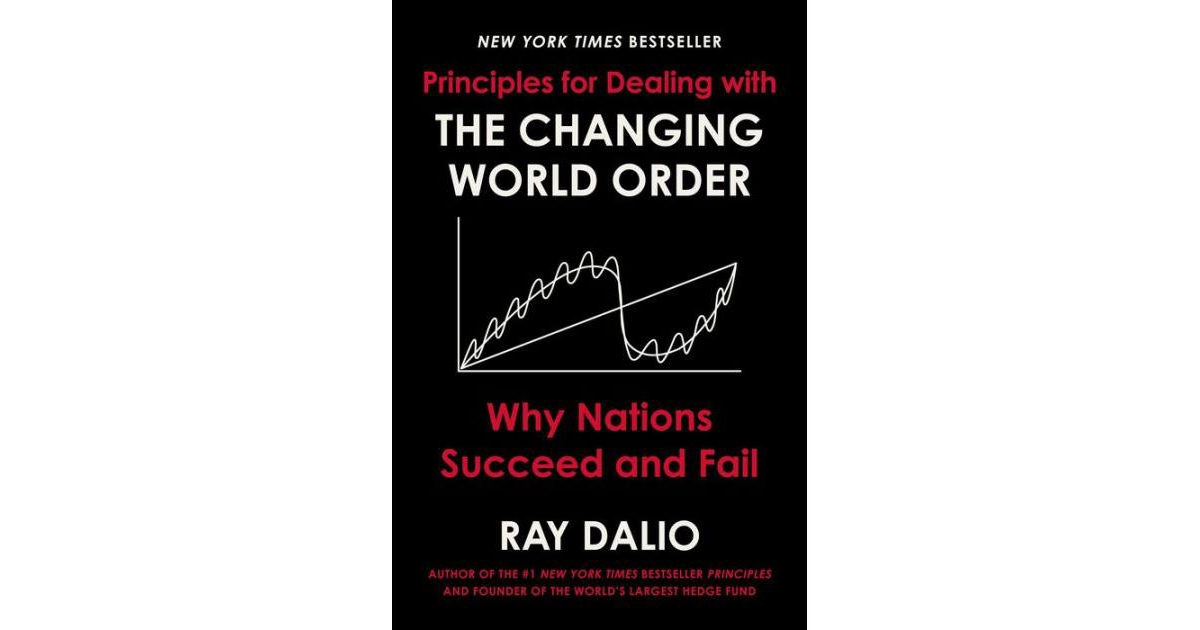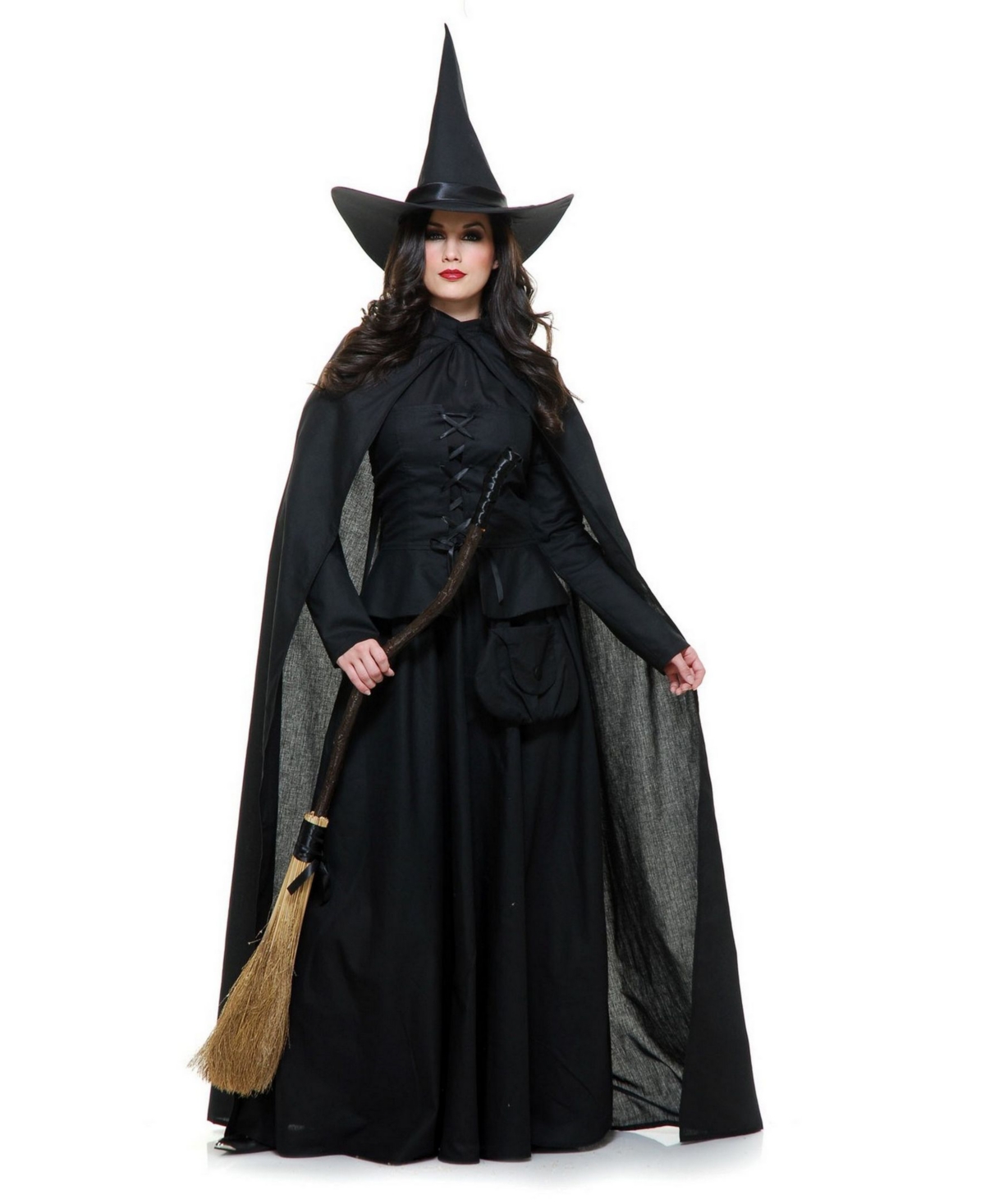New York Times Bestseller A provocative read... There are few tomes that coherently map such broad economic histories as well as Mr. Dalio's. Perhaps more unusually, Mr. Dalio has managed to identify metrics from that history that can be applied to understand today. -Andrew Ross Sorkin, The New York Times From legendary investor Ray Dalio, author of the #1 New York Times bestseller Principles, who has spent half a century studying global economies and markets, Principles for Dealing with the Changing World Order examines history's most turbulent economic and political periods to reveal why the times ahead will likely be radically different from those we've experienced in our lifetimes - and to offer practical advice on how to navigate them well. A few years ago, Ray Dalio noticed a confluence of political and economic conditions he hadn't encountered before. They included huge debts and zero or near-zero interest rates that led to massive printing of money in the world's three major reserve currencies, big political and social conflicts within countries, especially the Us, due to the largest wealth, political, and values disparities in more than 100 years, and the rising of a world power (China) to challenge the existing world power (Us) and the existing world order.









